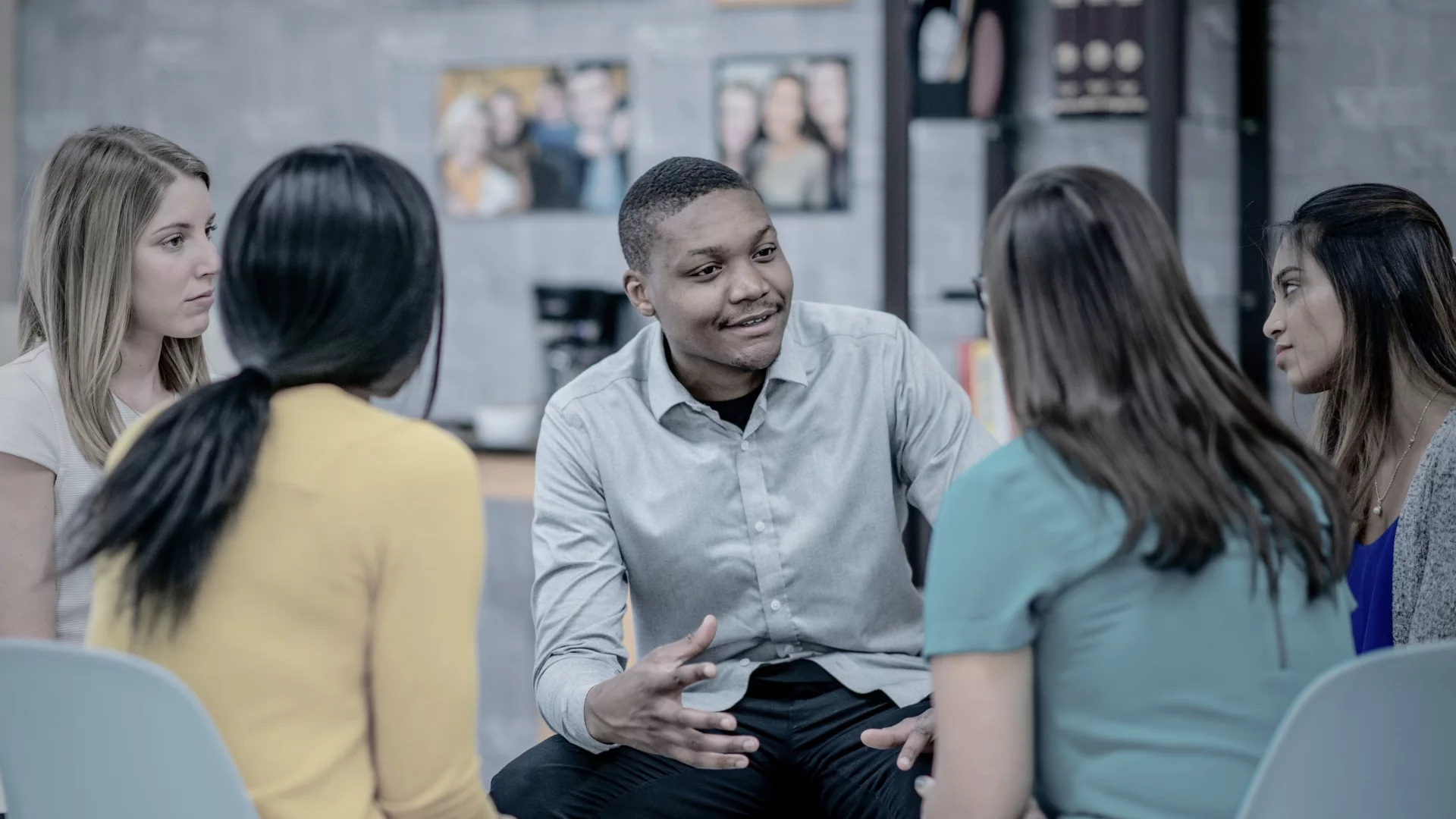By Karen Amos
Have you ever experienced a situation where a course of action has been taken based on what’s ‘legally right’, but you’ve been left with a sense of unease that the situation is somehow inherently ‘wrong’?
As a coach, I’m frequently presented with difficult and complex situations regarding interpersonal and organisational behaviour. I’m often required to make a judgement call regarding my own response, following some disclosure from a client or sponsor.
In difficult situations, we’re often overcome by fear and uncertainty regarding the possible consequences of our actions and decisions. Over time, I’ve found my own strategies to develop what my coach supervisor calls ‘clear-sightedness’ – i.e. a way to tune in and sense when things aren’t feeling right. I believe this is something we can all develop and in doing so, will help us make the difficult decisions we face. Here are a few tips:
- Know your values – Do you know what you stand for? What you believe in? I’m not talking about religious beliefs as such, but we all benefit from having a clear ‘moral compass’ to determine our own behaviour.
- Know the difference between ‘legal’ and ‘ethical’ – when presented with a situation, consider whether there is a difference between these two viewpoints and where you stand on them – which weighs heaviest for you? Ask yourself whether there’s a way to balance both.
- Trust your ‘gut’ – Learn to recognise that inner voice or feeling that’s telling you that things are ‘not ok here’. Ask yourself what the feeling is and where it’s coming from. If need be, buy yourself some time to reflect and if necessary…
- Get a sounding board – I have a coach supervisor, with whom I can discuss any ‘sticky’ issues that occur in my work and where I can develop resilience for the future in similar situations. Do you have a mentor, or someone you can discuss sensitive issues with in confidence? These don’t always have to be on huge issues and there’s often a benefit in what I like to call ‘Is it me…?’ phone calls to a trusted person.
Of course, this list isn’t exhaustive, but hopefully will go some way to helping you find your way through difficult situations, knowing you’ve ‘done the right thing’.
Karen Amos is the owner of BrightBird Coaching & Training. She is a qualified Executive and Professional Development coach and trainer.
If you’d like to know more about BrightBird’s professional development services and how we can help you and your business, school or organisation, please check out our website at www.bright-bird.co.uk, or email [email protected]
You May Also Like
Tips to Overcome the Hidden Barrier to Successful Conversations…
June 12, 2025
Embarrassment and shame are powerful emotions that can derail any…
Feeling Nervous Around Difficult Conversations? Try this…
May 29, 2025
A common barrier to successful difficult conversations is our feeling of…
Balancing support and challenge in difficult conversations…
March 19, 2025
A frequent question, is how to tackle a difficult issue with staff and still…
Changing Mindsets to Workload and Wellbeing…
February 22, 2025
A coaching approach to wellbeing and time management allows teams to develop…




